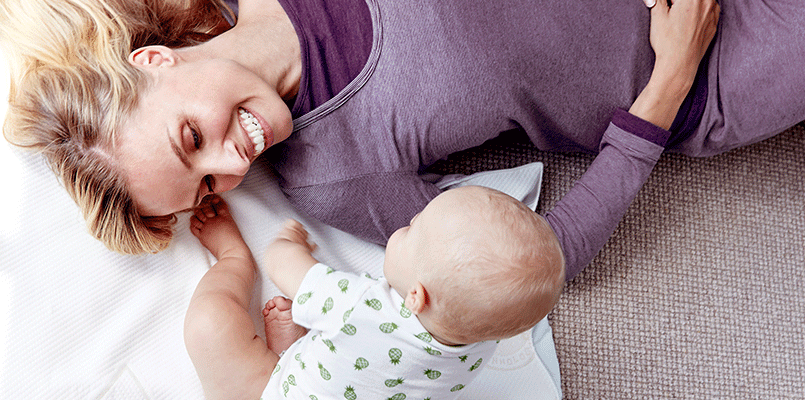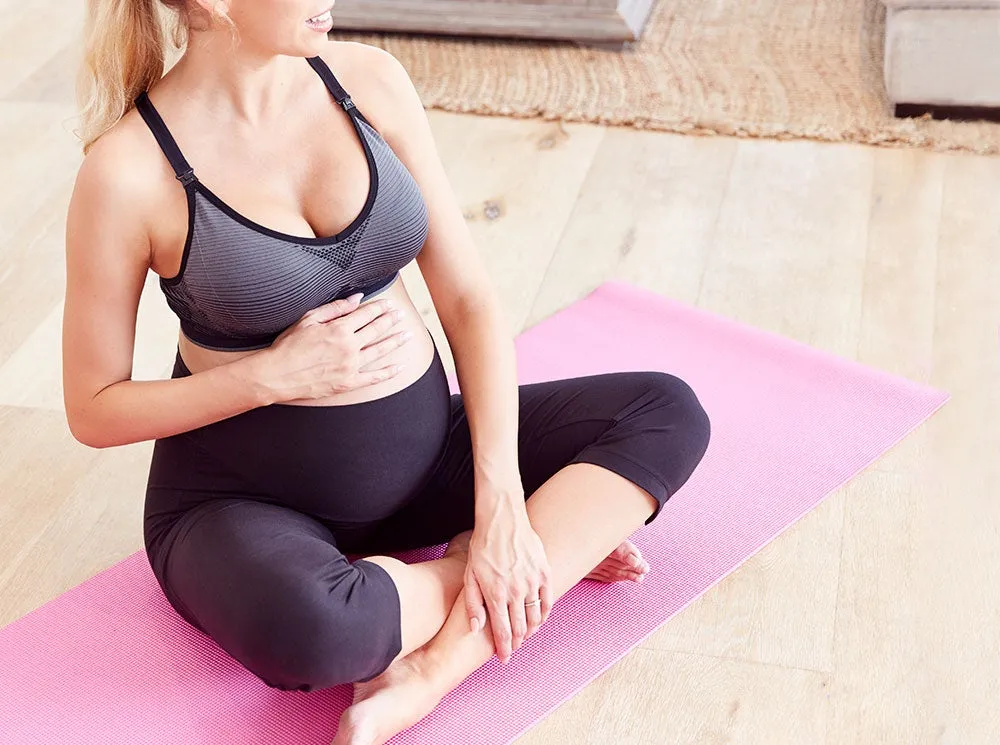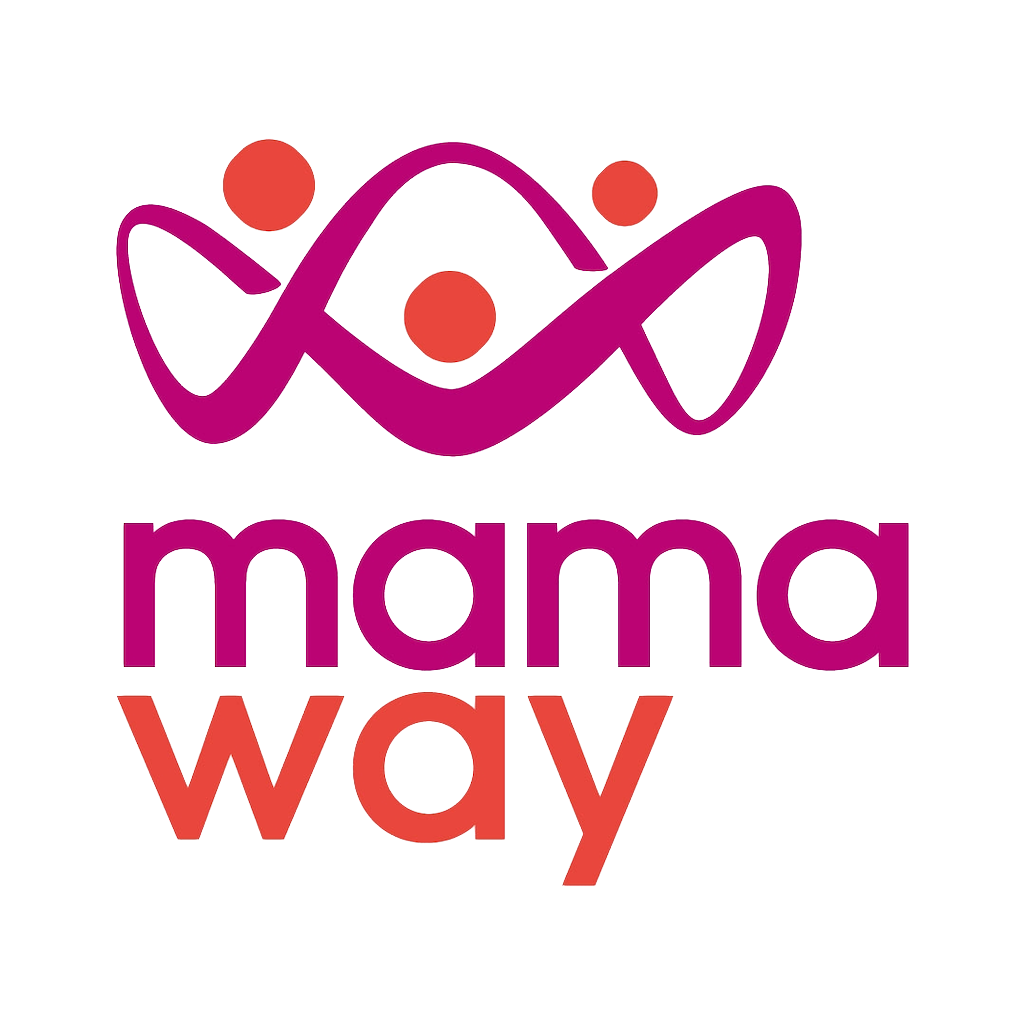Here’s Top 3 postnatal recovery questions and answers by Australia Physiotherapist- Alison Blake (a.k.a Founder of BODYBALL).
Q1: My doctors told me it generally takes 6 weeks to recover from a natural birth and 12 weeks from an abdominal C-section, is that the same for everyone?
A: Pregnancy and childbirth are meant to have many both physical and emotional changes, and there are many things to consider by the word “Recovery”. Any concerns should be discussed with your doctor at your postpartum 6-week checkup.
Generally, 6 weeks postpartum see good recovery from vaginal childbirth, if there were no complications. At the check-up with your obstetrician or doctor a pelvic examination will ascertain:
- The return of the uterus to pre-pregnancy size (This can be assisted by using the Postnatal Recovery & Support Belly Band / Bengkung Corset )
- Healing of the episiotomy or cesarean incision (This can be assisted by using the Postnatal Recovery & Support Belly Band / Bengkung Corset)
- Bladder and bowel function – problems with incontinence, constipation, or hemorrhoids
Other checks include:
- Thyroid gland function – As this gland is working overtime for hormone production
- Mental health – Signs of post-natal depression
- Musculoskeletal pain – Pain associated with pregnancy or childbirth (This can be assisted by using the Postnatal Recovery & Support Belly Band / Bengkung Corset)
- Abdominal integrity – Diastasis Recti (This can be assisted by using the Postnatal Recovery & Support Belly Band / Bengkung Corset)
Any problems at this checkup can then be referred to the relevant practitioner.
A women’s health physiotherapist is able to address any problems with pelvic floor function, bladder and bowel issues, musculoskeletal pain, and abdominal integrity. They can also guide you through appropriate exercises and a staged return to an exercise program. The Postnatal Recovery & Support Belly Band / Bengkung Corset is a physiotherapist recommended product to assist with postnatal recovery.
Following your 6 weeks all-clear, cesarean-section delivery can return to driving or return to lifting light loads with good abdominal control. Each individual heals at a different pace so follow the recommendations from your doctor or physiotherapist. The Postnatal Recovery & Support Belly Band / Bengkung Corset can help stabilize your wound and core muscles to assist with healing.

Q2: Does exercise with pregnancy reduce the chance of me getting bladder weakness after both?
A: There is no doubt about it – pregnancy is physically demanding. Regular exercise is an essential way of helping your body cope with the increased demands on your joints, muscles, heart and lungs. The Ergonomic Maternity Support Belt can assist with sharing the load during pregnancy and reduce the strain on your joints and muscles.
Benefits of exercise in pregnancy
- Regular exercise (at the right intensity) can help reduce back pain, improve or maintain muscle tone, reduce leg cramps, swelling, and constipation, and improve sleep patterns. Women who exercise regularly often feel better about themselves and their changing bodies during pregnancy.
- As well as improved fitness, women who exercise are less likely to experience fatigue due to improved sleep, are less anxious and experience reduced pain perception and neuromuscular tension.

Benefits of doing pelvic floor exercises during pregnancy:
- Pelvic floor exercises will maintain your pelvic floor tone
- The exercises help you feel connected with what is going on within your body
- The risk of uterine or bladder prolapse is reduced post part
- Pregnancy, delivery, and recovery time can be improved
- Postpartum discomfort from perineal swelling and hemorrhoids is lessened
- The likelihood of perineal tearing or needing an episiotomy is reduced
- Improved sex life can result, as muscle tone of the vagina is maintained
- Urinary incontinence/leakage during pregnancy and after delivery is lessened
- A toned pelvic floor leads to more complete emptying of the bladder and bowel
- Helps to avoid stress incontinence after delivery – small amounts of urine leakage when laughing, sneezing, coughing, or lifting something heavy
Q3: What are the signs that tell me I am exercising too soon after birth?
A:
- Muscle or joint pain – this may be related to the skeletal strain and hormonal increased joint flexibility of pregnancy and childbirth (This can be reduced with the Postnatal Recovery & Support Belly Band / Bengkung Corset )
- Leakage of urine/aching and heaviness of the pelvic floor area – too much impact and weight-bearing during exercise will place increased demand on the pelvic floor muscles and predispose to incontinence and prolapse
- Milk production depletion – high-intensity exercise can cause depletion of milk production
- Abdominal tenderness – engaging in too much abdominal work too early may cause muscle fatigue. (This can be reduced with the Postnatal Recovery & Support Belly Band / Bengkung Corset )
- Breast tenderness – high impact exercise will cause breast tenderness and discomfort
- Tiredness and fatigue – Looking after a newborn are physically and mentally demanding, it is best to ease yourself into an exercise routine. Maximize results with the Postnatal Recovery & Support Belly Band / Bengkung Corset


Leave a Reply